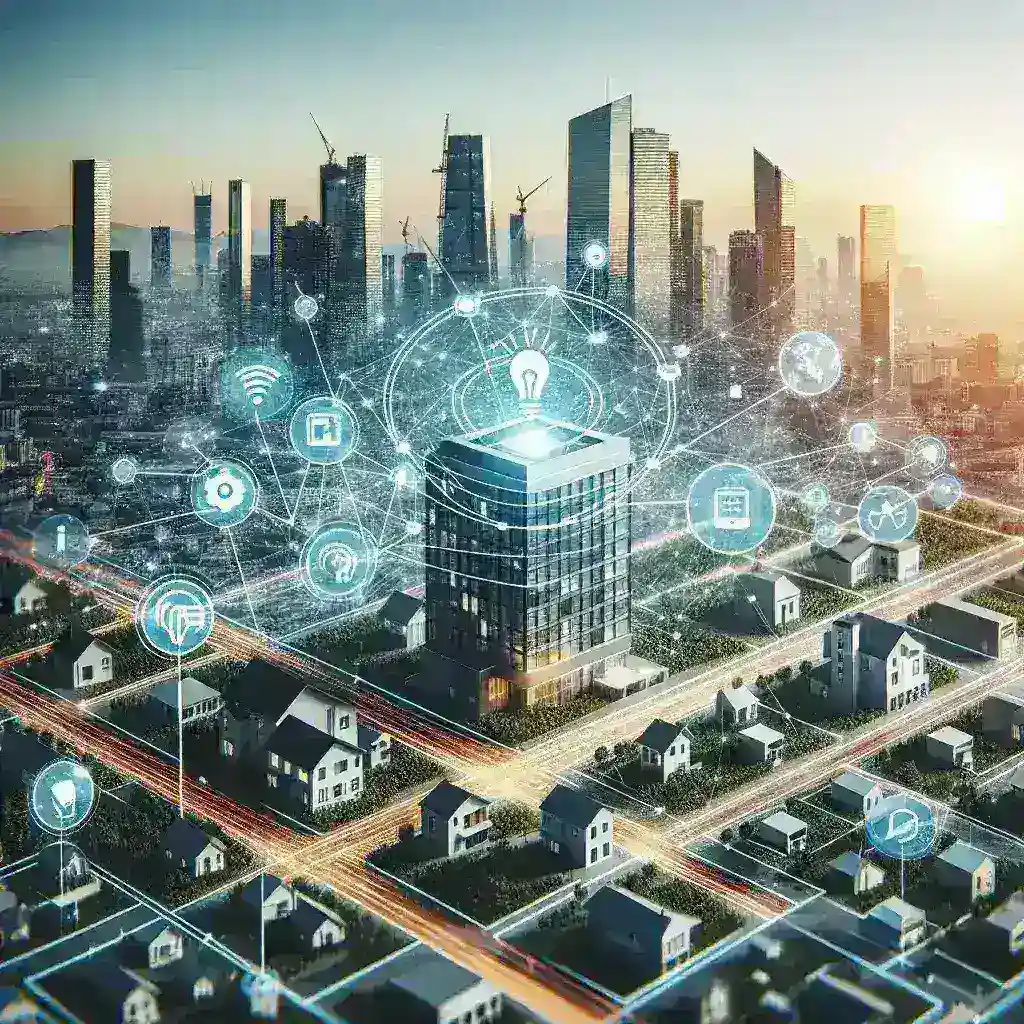Introduction
In a significant move to bolster energy management and efficiency, Samsung SmartThings has announced its expansion of support to municipal smart grid pilots across the United States. This initiative highlights the growing importance of smart grid technologies in modern cities, aiming to optimize energy distribution and consumption while facilitating a sustainable future. As municipalities increasingly turn to smart grid solutions, this article delves into the implications, benefits, and future potential of Samsung’s involvement in these pioneering projects.
The Rise of Smart Grids
Smart grids represent the evolution of traditional electrical grids, incorporating digital technology to enhance the reliability, efficiency, and sustainability of electricity services. By integrating smart meters, sensors, and advanced communication technologies, smart grids enable real-time monitoring and management of energy resources. These systems not only improve energy distribution but also facilitate the integration of renewable energy sources such as solar and wind power.
Historical Context
The concept of smart grids has been around for decades, but its implementation gained momentum in the late 2000s. The U.S. government recognized the need for modernizing the aging electrical infrastructure, leading to significant investments in research, development, and deployment of smart grid technologies. Municipalities began piloting various smart grid initiatives, often in collaboration with technology providers to explore innovative solutions tailored to their unique challenges.
Samsung SmartThings: A Game Changer
Samsung SmartThings has emerged as a leader in the smart home technology space, offering a comprehensive platform that integrates various IoT devices. With its recent expansion into municipal smart grids, Samsung aims to leverage its expertise in connectivity and automation to enhance energy management. The company’s platform allows for seamless integration of smart devices, enabling municipalities to monitor energy usage, manage demand response, and improve overall grid resilience.
Benefits of Samsung’s Support
1. Enhanced Energy Efficiency
With SmartThings’ advanced analytics capabilities, municipalities can better understand their energy consumption patterns. This data-driven approach enables cities to optimize energy usage, reducing waste and lowering costs for both residents and local governments.
2. Improved Reliability
By implementing smart grid technologies, municipalities can enhance the reliability of their energy systems. Smart grids can detect outages in real-time, allowing for quicker response times and minimizing disruptions to residents and businesses.
3. Integration of Renewable Energy
As the demand for sustainable energy solutions continues to rise, Samsung’s support for municipal smart grids will facilitate the integration of renewable energy sources. By optimizing energy distribution, cities can better manage the influx of solar, wind, and other renewable energies into their grids.
4. Encouraging Community Engagement
Smart grid technologies promote community engagement by empowering residents to take control of their energy usage. Through the SmartThings platform, users can monitor their energy consumption, receive alerts about usage spikes, and adopt energy-saving practices.
Future Predictions
The expansion of Samsung SmartThings into municipal smart grid pilots is likely to accelerate the adoption of smart grid technologies across the United States. As municipalities witness the tangible benefits of these initiatives, it is expected that more cities will explore partnerships with technology providers to enhance their energy management strategies.
Furthermore, as cities strive to meet sustainability goals, the integration of smart grid systems will become increasingly vital. The future may see a rise in innovations such as decentralized energy resources and advanced energy storage solutions, paving the way for a more resilient and sustainable energy landscape.
Potential Challenges
1. High Initial Costs
While the long-term benefits of smart grids are substantial, the initial investment required for implementation can be a barrier for many municipalities. Budget constraints may limit the ability of cities to deploy these technologies effectively.
2. Cybersecurity Concerns
The increased connectivity brought about by smart grids also raises concerns regarding cybersecurity. Municipalities must prioritize the protection of their energy infrastructure from potential cyber threats.
3. Regulatory Hurdles
Municipalities may face regulatory challenges as they navigate the complex landscape of energy management. Collaborating with regulators and ensuring compliance with state and federal laws will be crucial for the successful implementation of smart grid technologies.
Real-World Examples
Several cities in the U.S. are already reaping the benefits of smart grid initiatives. For instance, San Diego, California, has implemented a comprehensive smart grid system that integrates solar energy into its electrical grid, leading to significant reductions in greenhouse gas emissions. Similarly, New York City has launched the Smart NYC initiative, which focuses on enhancing the city’s energy efficiency and sustainability through smart technologies.
Conclusion
Samsung SmartThings’ expansion of support to U.S. municipal smart grid pilots marks a significant step towards a more sustainable and efficient energy future. By leveraging advanced technologies and promoting community engagement, municipalities can transform their energy systems to meet the evolving demands of their residents while addressing the challenges of climate change. As smart grid technologies continue to evolve, the collaboration between municipalities and technology providers like Samsung will be critical in shaping the future of energy management.
